God And The Problem Of Evil
$29.99
Introduction Chad V. Meister And James K. Dew Jr.
Part 1: Perspectives On The Problem Of Evil
1. The Classic View Phillip Cary
2. The Molinist View William Lane Craig
3. The Open Theist View William Hasker
4. The Essential Kenosis View Thomas Jay Oord
5. The Skeptical Theist View: A Journey Stephen Wykstra
Part 2: Responses
6. Response To Other Contributors Phillip Cary
7. Response To Other Contributors William Lane Craig
8. Response To Other Contributors William Hasker
9. Response To Other Contributors Thomas Jay Oord
10. Response To Other Contributors Stephen Wykstra
Author Index
Subject Index
Additional Info
Evil abounds. And so do the attempts to understand God in the face of such evil. The problem of evil is a constant challenge to faith in God. How can we believe in a loving and powerful God given the existence of so much suffering in the world? Philosophers and theologians have addressed this problem countless times over the centuries. New explanations have been proposed in recent decades drawing on resources in Scripture, theology, philosophy, and science. God and the Problem of Evil stages a dialogue between the five key positions in the current debate: Phillip Cary: A Classic ViewWilliam Lane Craig: A Molinist ViewWilliam Hasker: An Open Theist ViewThomas J. Oord: An Essential Kenosis ViewStephen Wykstra: A Skeptical Theism View According to the classic position, associated especially with the Augustinian tradition, God permits evil and suffering as part of the grand narrative of divine providence to bring about the redemption of creation. Molinism modifies the classic view by adding God’s middle knowledge to the picture, in which God has knowledge of what creatures would do in all possible worlds. Open theism rejects the determinism of the classic view in favor of an account of God as a risk-taker who does not know for sure what the future holds. Essential kenosis goes further in providing a comprehensive theodicy by arguing that God cannot control creatures and thus cannot unilaterally prevent evil. Skeptical theism rejects the attempt to provide a theodicy and instead argues that, if God exists, we should not expect to understand God’s purposes. Edited, with an introduction, by Chad Meister and James K. Dew Jr., God and the Problem of Evil hosts a generous and informative conversation on one of the most pressing issues in the Christian life.
in stock within 3-5 days of online purchase
SKU (ISBN): 9780830840243
ISBN10: 0830840249
Editor: Chad Meister | Editor: James Dew
Binding: Trade Paper
Published: May 2017
Spectrum Multiview Books
Publisher: InterVarsity Press
Print On Demand Product
Related products
-
Screwtape Letters
$17.99Wormwood, a demon apprentice, must secure the damnation of a young man who’s just become a Christian. He seeks the advice of an experienced devil, his uncle Screwtape. Their correspondence offers invaluable—and often humorous—insights on temptation, pride, and the ultimate victory of faith over evil forces. Paperback with French flaps and deckled page edges.
Add to cart1 in stock (additional units can be purchased)
-
Mere Christianity
$17.99Arguably the 20th century’s most influential Christian writer, C.S. Lewis sought to explain and defend the beliefs that nearly all Christians at all times hold in common. His simple yet deeply profound classic, originally delivered as a series of radio broadcasts, is a book to be thoroughly digested by believers and generously shared with skeptics. Paperback with French f laps and deckled page edges.
Add to cart1 in stock (additional units can be purchased)
-
And The Two Became One Journal
$16.50HARDCOVER, COPTIC BOUND JOURNAL: Allows book to lay completely open when flat for ease of use
192-LINED PAGES: Journal measures 6.5 x 8.5 x 0.75-inches
BECOME ONE: White with gold foil print; reads “And the two shall become one”
INCLUDES 8 ALTERNATING PHRASES: Each page has a different message about marriage, relationships and love
Add to cartin stock within 3-5 days of online purchase
-
Confronting Injustice Without Compromising Truth
$22.99God does not suggest, he commands that we do justice.
Social justice is not optional for the Christian. All injustice affects others, so talking about justice that isn’t social is like talking about water that isn’t wet or a square with no right angles. But the Bible’s call to seek justice is not a call to superficial, kneejerk activism. We are not merely commanded to execute justice, but to “truly execute justice.” The God who commands us to seek justice is the same God who commands us to “test everything” and “hold fast to what is good.”
Drawing from a diverse range of theologians, sociologists, artists, and activists, Confronting Injustice without Compromising Truth, by Thaddeus Williams, makes the case that we must be discerning if we are to “truly execute justice” as Scripture commands. Not everything called “social justice” today is compatible with a biblical vision of a better world. The Bible offers hopeful and distinctive answers to deep questions of worship, community, salvation, and knowledge that ought to mark a uniquely Christian pursuit of justice. Topics addressed include:
Racism
Sexuality
Socialism
Culture War
Abortion
Tribalism
Critical Theory
Identity PoliticsConfronting Injustice without Compromising Truth also brings in unique voices to talk about their experiences with these various social justice issues, including:
Michelle-Lee Barnwall
Suresh Budhaprithi
Eddie Byun
Freddie Cardoza
Becket Cook
Bella Danusiar
Monique Duson
Ojo Okeye
Edwin Ramirez
Samuel Sey
Neil Shenvi
Walt SobchakIn Confronting Injustice without Compromising Truth, Thaddeus Williams transcends our religious and political tribalism and challenges readers to discover what the Bible and the example of Jesus have to teach us about justice. He presents a compelling vision of justice for all God’s image-bearers that offers hopeful answers to life’s biggest questions.
Add to cartin stock within 3-5 days of online purchase

 Forge (DVD)
Forge (DVD)
 Large Print Thinline Reference Bible Filament Enabled Edition
Large Print Thinline Reference Bible Filament Enabled Edition
 Peaceww Stainless Steel Tumbler
Peaceww Stainless Steel Tumbler
 Application Bible Large Print Comfort Print
Application Bible Large Print Comfort Print
 Kids Bible Thinline Reference Edition
Kids Bible Thinline Reference Edition
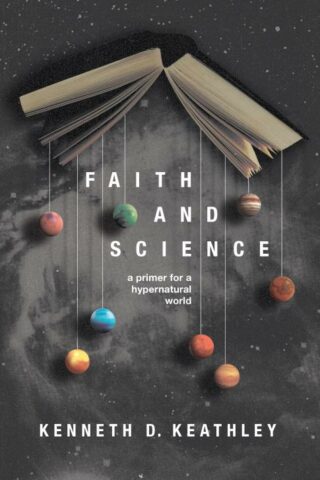 Faith And Science
Faith And Science
 Inspire PRAYER Bible Filament Enabled
Inspire PRAYER Bible Filament Enabled
 Every Thought Captive
Every Thought Captive
 Untangle Your Emotions
Untangle Your Emotions
 5 Love Languages Updated Plus Bonus Content (Revised)
5 Love Languages Updated Plus Bonus Content (Revised)
 Indescribable : 100 Devotions For Kids About God And Science
Indescribable : 100 Devotions For Kids About God And Science
 Tiny Testament Bible New Testament Comfort Print
Tiny Testament Bible New Testament Comfort Print
 3 Seconds Of Courage
3 Seconds Of Courage
 Thinline Reference Bible Filament Enabled Edition
Thinline Reference Bible Filament Enabled Edition
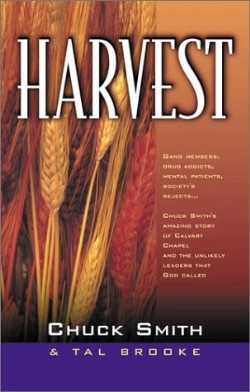 Harvest Book With MP3
Harvest Book With MP3
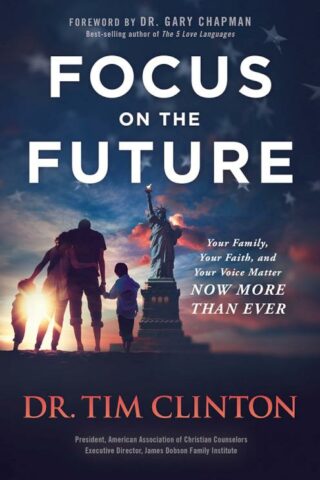 Focus On The Future
Focus On The Future





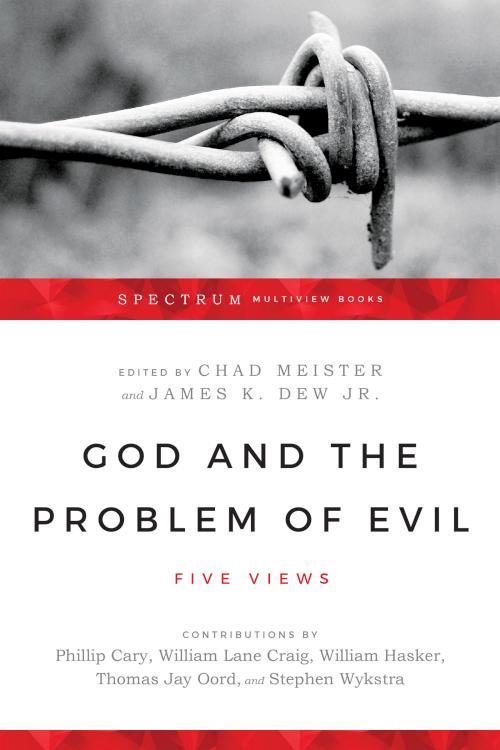



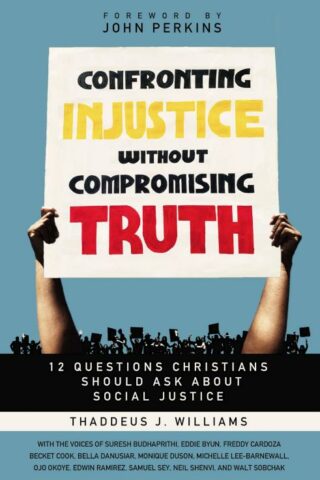





Reviews
There are no reviews yet.